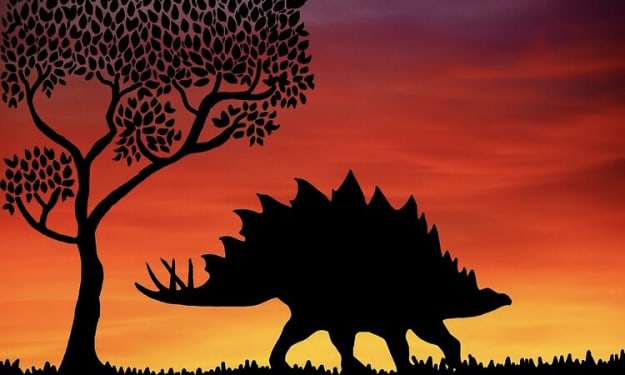The myth of Pegasus and the chimera
The myth of Pegasus

Perseus crept through Medusa's cave, shielded from the gorgon's icy gaze. He took a deep breath when he got to her and then drew his sickle and dropped it on her neck all at once. Medusa's head moved to the ground and from her neck sprung two youngsters. Chrysaor, a giant with a golden sword, was one of them; Pegasus, a magnificent white horse with wings, was the other. He could change mountains and create streams from dry rock with the stomp of his hooves, making him faster than any other horse. No harness could contain him — until one portentous day. The Greek city-state prince of Corinth, Bellerophon, seemed to have it all. However, his goals were greater than his actual circumstances. What he really needed was to be a legend so extraordinary that the divine beings would invite him on Mount Olympus. Pegasus, in Bellerophon's opinion, would be crucial to his success in scaling such heights. He went to the Athena temple, the goddess of war and wisdom, one night and prayed for the power to make the powerful animal happy. Upon awakening, Bellerophon found a magical golden bridle and raced to the fountain from which Pegasus drank. Bellerophon mounted the horse on his back and fastened the bridle as soon as the horse turned toward the water. Pegasus was finally subdued. Bellerophon believed he was on his way to becoming a legendary hero as a result of this conquest. He worked day and night to prepare for battle. Be that as it may, one instructional meeting turned out badly, and Bellerophon mortally harmed his sibling, Deliades. Shamed, he was banished to Argos, where Ruler Proetus filtered him. The Queen of Argos had her eye on Bellerophon, despite his determination to restore his reputation. She also accused Bellerophon of trying to seduce her after he turned down her advances, further tarnishing his reputation. Within a short time, King Proetus had a plan to exact revenge. He ousted Bellerophon and Pegasus and sent them to the realm of Lycia, conveying a note to Iobates, Lycia's top dog. Be that as it may, unbeknownst to Bellerophon, he was conveying a declaration for his own demise. Iobates chose the perfect monster for the job after considering various methods of killing the youth: the Chimera, a fire-breathing lion, goat, and dragon that had long terrorized his kingdom. Bellerophon accepted the challenge eager to achieve greatness. The two of them shot into the sky after he mounted Pegasus. They saw the Chimera surrounded by its charred victims as they flew above the ground. Before long, they also were confronting its capability. Pegasus avoided each of Bellerophon's arrows as he performed a series of quick aerial acrobatics. Bellerophon dealt the beast a fatal blow when Pegasus finally approached the beast from just the right angle. Iobates was doubtful. Despite having to deal with Bellerophon, he was relieved to have defeated the monster. Thus, he put forward additional difficulties, setting Bellerophon facing fearsome champions, exceptionally gifted bowmen, and, eventually, Lycia's best warriors. Like clockwork, Pegasus' power switched things around in support of Bellerophon. Iobates was forced to admit that Bellerophon was a real hero at last. He even proposed that he marry his daughter. However, Bellerophon had his sights far beyond the mortal world. He was certain that he had earned the right to a place on Mount Olympus now. As a result, he rode Pegasus and pushed him ever higher. As Bellerophon got closer to his palace, buoyed by arrogance, Zeus observed. To rebuff the young, he delivered a solitary gadfly, which beelined towards Pegasus and spot into his tissue. The highest Bellerophon could ever achieve was this. As Pegasus winced, he flung his rider very high, and Bellerophon fell lurching back to Earth. In contrast, Pegasus ascended with Zeus' blessing. He was made immortal by the gods by entering the halls of Mount Olympus and being enshrined in a constellation. Pegasus can be seen soaring, unrestrained, and free there in the night sky.
Click Here to learn about the science of falling in love.






Comments
There are no comments for this story
Be the first to respond and start the conversation.